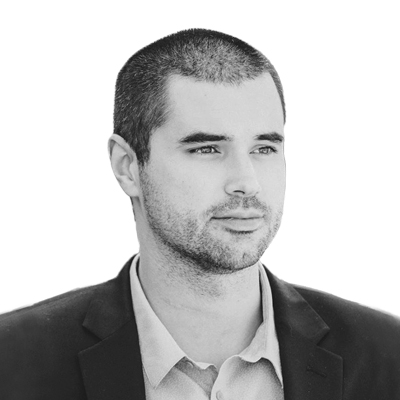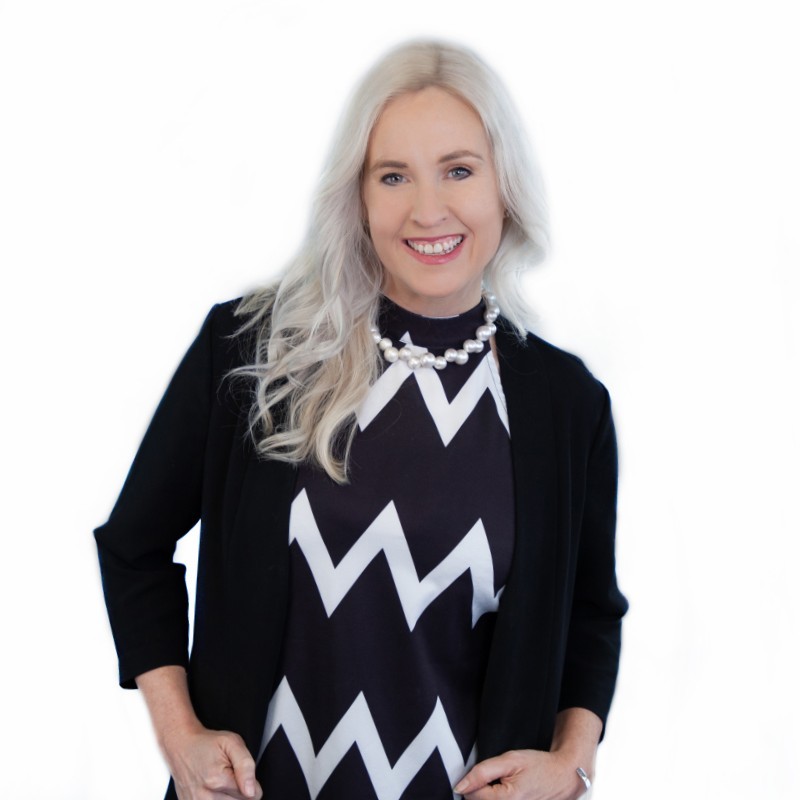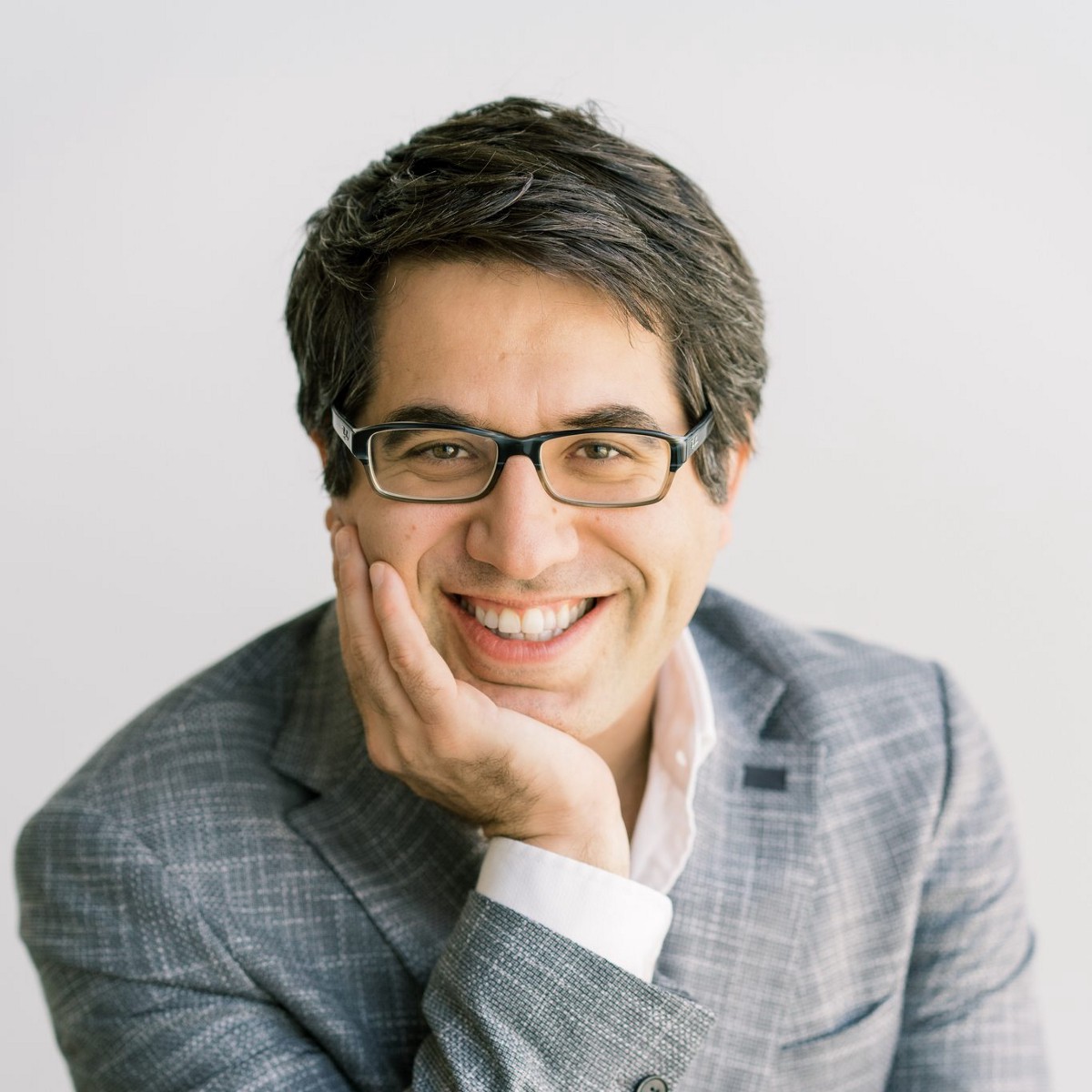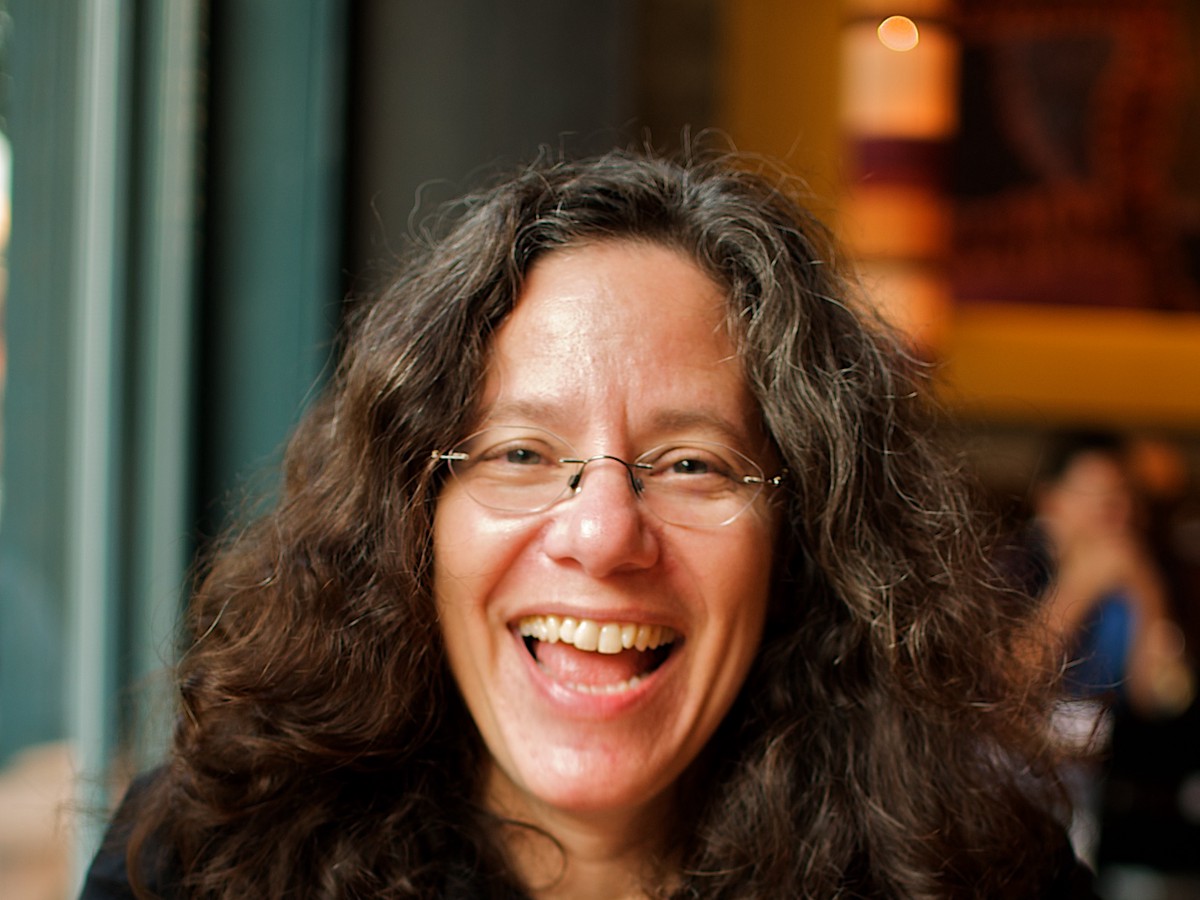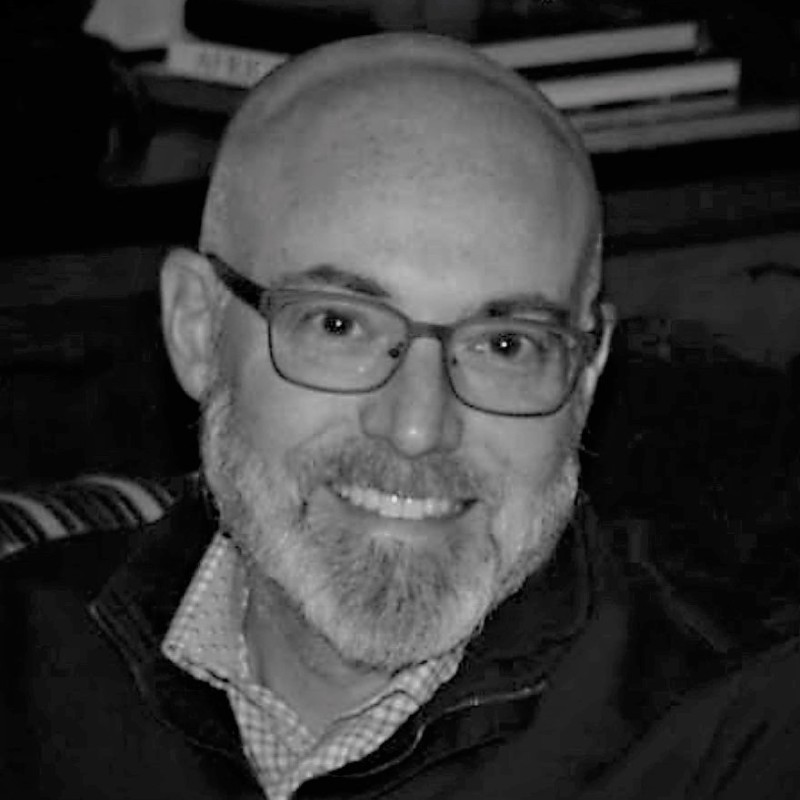When you work hard on a great project and finally get it done, what should you do when it’s never used?
We all hit roadblocks like these in our work life. But deciding how to overcome them is the key moment. Do you walk away, or push forward?
Today’s show is all about that choice. Nick Schoenhoff knows a thing or two about overcoming obstacles. When he was 13, he had a snowboarding accident that promised to paralyze him for life. He fought back and is now able to walk on his own. But all through his professional life, he’s also faced tough challenges.
At times, he’s decided to move on, and at other times he’s doubled down and tried to work his way out.
What we learned from this episode
-When you don’t have support from the people you need it from, it may be time to move on to something else.
-Just because a company is small doesn’t mean it’s more agile. Large organizations like RBS can offer opportunities and challenges that would never be there at a smaller company. Also, smaller companies can get stuck in patterns that are hard to break out of without more voices.
What you can do right now
-Most companies are reactive to accessibility issues. Think about how you can make your space welcoming before it becomes an issue for someone.
Key Quotes
“It’s just mind blowing to see all of that opportunity there and when you’re so used to taking any opportunity you possibly can and driving your career forward and you arrive in organization that has that space and that capacity, and not only that, encourages it.”
Links
Today’s guest is Nick Schoenhoff. He’s the manager of Business Risk Initiatives with the Royal Bank of Canada. And this episode is Work Minus Roadblocks. Hi, Nick. How are you today?
I’m great. How are you doing, Neil?
I’m doing great. I’m really excited to talk to you today, Nick, because this topic of roadblocks comes up a lot within the work circle. We always run into barriers, things we can’t get past, and I really like your perspective on this. So, I want you to start off with your story and how you got to the place you are in your career now.
Sure. So, I got to make sense to go back to university. I was doing my science degree at McMaster doing research in neuroscience and shifted gears slightly in my final year, where I was working with the Department of Kinesiology, and did a project where actually created a heat map of the campus in terms of accessibility to give it as a resource to students that have disabilities and face these kind of physical barriers on a daily basis, I figured it would sort of help them, new students arriving at the school to give them a sense of where best to go in terms of getting to their classes. And it was a great project.
So, it was a great project. I like the idea to come up with an app to help people know real time how to get around in different places when conditions like snow are affecting those types of things. So, talk to us about how that app was received. Was it immediately implemented? What was the result of it?
So, the project itself was a static heat map. And then coming out of university, I saw the need to create more of a real time information tool, as you said, snow on pathways, if the pathway is rated as green and fully accessible but there’s snow on it, it’s no longer green. So, I put together a proposal to the university and ended up getting funding and shifted into app dev at that point once I graduated. The response from the inclusion community was amazing. And the accommodation department was amazing. They were one of the key sponsors. We built it over the course of about a year. It was a mobile app, similar to ways where you can drop pins and report things, it was like that for the campus. And unfortunately, once we delivered it, I think the department that was supposed to own it saw it as actually something that would create more work for them and it fizzled out.
So, this is something I think a lot of people interact within their career. They’ve had a lot of encouragement. They have a good idea. You have funding behind it. You have lot of support from it. But then this beautiful thing you create hits this big boundary, this big roadblock in front of you. So, how did in your early years, you’re talking about university time, how did you deal with that at that point in your life?
Well, I mean, it was difficult to deal with because coming out of university that was my job. And given my background in science, getting something in technology which was harder, I had to do a lot of selling my skills as transferable. So, at that time, I was quite committed to the project. And I pushed for a while. And there just came a point where there’s only so much work I could do. And at the end of the day, the university was the one that needed to implement it, and I could help as much as I can. We had built what we promised to build. And there just came a point where I had to move on for myself. I had to get a job where it would be… move me forward in my career. And it was a very difficult decision and difficult period, but a huge learning experience.
So, did you walk away from that feeling, like, you knew how you’re going to apply that in the next role as in you knew when that moment was when you needed to step back or it was still pretty open ended at that point?
I mean, it was still pretty open ended. So, even when I, in the back of my mind, moved on from it, the school was every few months in touch, like, “Hey, are we going to implement this app?” And I’m, like, “Yeah, sure. You got to put in place, like, a project team or something, though.” Right? If the university facilities services is going to use it, like, we need them on board. So, even when I had moved on from it in the back of my mind, I kept the conversation open for another year into my first full-time job. So, it was definitely not like a clear cut, this is over and I’ve learned. It was a slow fizzle. But I did ultimately learn some good lessons there.
Walk us into the next phase of your career. Where did you go after that?
So, at that point, I knew I didn’t want to continue in scientific research. It was a great experience. I completed six placements and had two publications in childhood brain cancer research. Incredibly amazing experience. But just as a career for me personally, I didn’t want to continue in that. I didn’t want to continue with more school, I wanted to do something more practical at that point. So, I got a job as a technical analyst at a smaller company. And that was my first step into a career in technology and business. And at that point, a lot of learning there, but I had to take an entry level position just to break into the industry.
And then how did you move through that organization? At what point did you realize it was time to leave that one?
So, I very quickly took on way beyond my mandate, which I mean, it’s a recurring theme in my career, I think it definitely helps and especially when an organization that will recognize that and reward you for that, it’s a hugely beneficial thing for you. In this organization, I was promoted to their lead project coordinator after about a year. And I’d say six months into that I was just hitting way too many roadblocks. Being a small company, the decisions made as far as the technology behind what we were implementing and some of the political factors there, I think it’s much more susceptible to that when it’s a smaller organization. Every organization has that but this one was just… I saw six months into what I was leading the implementation here, I can’t be successful because the people with decision making power above me are making decisions that are just making it hard for me to be successful. So, at that point, I actually started looking for something else. And that’s when I applied to the RBC. And by the time I had interviewed and landed a new position, I’ve been in that new role for about a year as well. So, it was two years total at that first company.
So, you’re going from university setting, then to a small company where you’re trying to lead some projects, and you go through things. And then you end up at this massive bank. That’s huge. And what was that experience like for you to walk into a situation? Because I think for me, I have the idea, smaller organizations, more nimble, more agile can move quickly and don’t have as many roadblocks as opposed to some huge institution which is going to have lots of roadblocks. But what was your experience?
I mean, it’s different. You would think that for sure. I mean, the first thing, arriving at RBC was a huge experience, a huge moment for me. Because I felt like I was definitely moving in the right direction with my career. I joined in a role that was, I would say, lower level of responsibilities than where I was at previously. But at the same time, I recognized that this was a completely new industry that I needed to immerse myself in and learn. And I felt that the role I had taken was a good opportunity to learn. I was on project delivery side as a project controller, put on two of the bigger programs in the wealth portfolio. And I just did a lot of learning initially when I arrived. And I mean, the other thing I noticed too, was when you’re at a small organization starve for opportunity, there aren’t that many roles above you or laterally to move into. And you arrive at a company with 80,000 employees globally. It’s just mind blowing to see all of that opportunity there and when you’re so used to taking any opportunity you possibly can and driving your career forward and you arrive in organization that has that space and that capacity, and not only that, encourages it. It’s been quite a fast progression since joining for me.
So, you found a lot of freedom at RBC within that huge organization, right?
Yeah. I mean, a huge thing, too, is the professional development on the side. There’s a whole learning and development side of RBC where we have courses and a training budget. And I just felt like I was immediately moving at a way faster pace in terms of my own development professionally, personally. And so, not only the work itself, but the professional development and them investing into their employees was a big thing for me.
Well, let’s back up a little bit because there’s a piece of the story that we want to bring in here, too. Your interest in accessibility issues from university days goes back further. So, give us a little background about your experience and your life and what led you to this.
So, when I was 13, I had a snowboarding accident. I broke my neck snowboarding, was instantly paralyzed from the neck down, airlifted to Sick Kids, nine hour surgery. And when I woke up, they said I would never move anything again. And obviously, that’s a lot to process as a 13-year-old, but I kept my stuff together, so to speak. And lived in rehab for nine months. By the time I had left there, I was able to take some steps with a walker, use a manual wheelchair, etc., and I moved on to continue an outpatient rehab throughout high school. And it got to the point where I could independently walk with a cane at home, and then use the chair for longer distances. So, that’s really where my personal interest in accessibility lies. Being at campus when I referenced creating a resource for new students arriving at campus that may have a physical disability, that was largely something that I felt I could have benefited from.
And the concept of moving towards a real time app in terms of reporting was also based on a personal experience. I went to go write an exam in my final year, and a snowplow had created a berm at the bottom of the ramp to the building and I couldn’t write it. And that moment, I was obviously frustrated to a degree for myself, but the thing that really hit me was I need to be able to tell the next person about this so they don’t waste their time. And that’s really where that came in. And the other app project that I was part of which I forgot to mention earlier, in parallel with that first role I had, first full-time role, I joined Access Now as cofounder and drove the development of that, which has actually been quite successful. I ended up moving on from them when I joined RBC, I just didn’t have the capacity to do that on the side. But that’s basically Yelp for accessibility. And they have 20,000, 30,000 40,000 locations at this point rated globally. And that’s for just broader out in the community, I want to go to a restaurant, I need to know if it’s accessible, and there’s a rating there. So, it’s definitely been something that’s very personal for me, but also adds another layer to my work journey in terms of overcoming barriers because I’ve had to do that as well in different roles.
I want to get into that a little bit more, this intersection between physical roadblocks and professional roadblocks, because we all know what those professional roadblocks are, but you’re someone who every day, sometimes, you’re confronted with something that becomes extremely difficult or impossible to get to a certain situation based on the systems that are set in front of you. So, how do you feel like those physical elements have impacted your view of how you view roadblocks on a professional level, too?
So, in the first company that I joined, it was definitely something that affected me. I remember in the interview process I brought up that, could I get underground parking, because if it snows and there’s any snow on the ground, it’s going to be difficult to get in. And unfortunately, they were unable to provide that for me. And I’m not sure if they fully believed in terms of how actually difficult it is to wheel through snow. And almost poetically, on my first day, there was a snowstorm that morning. And so, I was trying to get into the office, and I literally got stuck and had to call my boss and he had to come help me. And I think obviously you realize at that moment, woah, this is an issue. I never got the underground parking spot, but they were a little more flexible in terms of letting me work from home if the weather was bad. But there’s a number of other things just in the office itself, planning where am I sitting in my workspace, is there enough space to move around? Where are the washrooms? Are they accessible? And I had to face a lot of that and it just distracts you from doing work and being the best you can be professionally. Even when you learn workarounds or whatever, it’s always lingering in the back of your mind. And it definitely makes the experience a little more challenging.
When I moved to RBC, it was a completely different situation. And we were recently ranked third in the world in terms of one of the diversity inclusion indexes for workplaces and I can totally attest to that. During the interview process, they arranged a independent occupational assessment. So, they brought in an occupational therapist to basically assess from where I would park to get to my desk workspace, where my desk was positioned on the floor, are the doors all automated in between where I need to be. And so, and that was all before my first day. So, to know, visualize in my mind what I would be doing when I got to work in terms of getting to my desk and doing work before even joining was incredibly empowering. And the theme has just continued. I mean, generally speaking, the mindset here is very positive and considerate in terms of needs and diversity inclusion. And even when I arrived, my manager signed us both up for a managing diversity course on that learning platform where she wanted to get a better understanding of how best to enable me. And it’s definitely helped in terms of me being able to just demonstrate my professional skills because after, I think seven, eight months, I was promoted to a senior program associate and another seven, eight months later, I was now moved into my current role which is manager. So, I got to stand on my own team, which I lead and it’s just been an incredible experience being able to maximize my potential.
Do you feel like at RBC because they’ve taken all these steps to make sure they’ve accommodated how you work on a physical level, do you feel like that’s also had a lot of tradeoff on just a practical level of when you have suggestions or whenever anyone has an idea for a new project, that there are less roadblocks, also in career paths, and ways people can get things going? Do you feel like there’s a lot of interplay between those ideas as well?
I mean, I think the thing for me is it’s become something I don’t have to think about, which is nice. I mean, I do think about it. I’m on a diversity inclusion employee resource group where we work to spread information and enable other employees that face various challenges. So, I mean, I’m obviously actively thinking about it. But in terms of me doing my day to day work, it just doesn’t even come into question. And so, I’m able to just focus on what the average person is able to focus on, which is great.
Talk to somebody who is a team leader. They’re someone who has a mid size organization or even a small place, that’s hearing these things and say, “Wow. I’d love to be able to provide those things. But I don’t want to keep an occupational therapist on retainer for these types of things.” What are some practical ways that, even without a big budget, you can be more accommodating and remove roadblocks for people?
Yeah, I mean, that’s a really good point. When I was interviewing for my first role, I was interviewing at a startup, which is now huge. But there was a situation there where their interview process was extremely grueling. And on the last interview, they flew me out to Ottawa, and I had four hours straight of interviews with seven different people. And one of those interviews, they said, “Hey, we’re going to go grab lunch.” And so, and I’m thinking in my head, like, well, we have an hour between the next one. I know personally, getting there, wheeling a few blocks, getting there, eating, ordering, it’s just not going to add up. And that really threw off my interview process. And I mean, I think since then, that company has invested a lot more into that. But that’s just a prime example of where these smaller companies, it’s just not necessarily something they think about. And so, how they can do that, I mean, there’s tons of free stuff out there. I think it starts with just an awareness that they might not know everything and that they need to learn more. And I’m not sure how to get companies to think about that right off the bat, especially when they’re a startup or a smaller company, and they’re trying to grow just in their industry. It’s an afterthought, unfortunately, but I think there are ways to get a better sense of what they need to be thinking about at a low cost. There’s a lot of free videos out there, free resources. There’s even companies that are specialized in that that will help advise startups in these types of things that they don’t normally think about.
Nick, let’s close with this idea of especially I like the idea of your manager saying, “Hey, let’s take a class together to go about this.” What do you feel like are the essential qualities of a manager who wants to be inclusive, who wants to take advantage of the talent that’s out there among differently abled people? What are some of just the mindsets people need to have and the characteristics to really open up those possibilities?
I think it really all comes back to empathy. I think that managers have their objectives, and they’re very top based. But they need to remember that the people working for them are people. And it’s really important to remember that. And often if you take a little more time to consider really anything but definitely in the case here, physical needs, it’s actually going to enable that employee to do better work which is going to reflect better on you. So, I think, really, it just comes down to empathy.
Cool. Nick, where can people go if they want to keep track of you or other good resources to stay in touch?
My LinkedIn and I’m not sure if it can be shared on the podcast, but happy to connect with anyone with questions or comments on what we shared today. But that’s probably the best place to get me.
Great. Well, we’ll put that in the show notes. Nick, thanks so much for being on the show. We like talking about this topic, removing roadblocks, removing boundaries from it. And I really appreciate your insights. Thank you.
Thank you so much, Neil.
Nick is a resilient, driven and entrepreneurial business technology leader that specializes in the strategic management of IT and data risk, applying his experience in consulting, project management, business analysis and product design to deliver intuitive, collaborative and holistic solutions to the problems he executes on.
His current focus at RBC is in data risk management and governance as part of the Personal & Commercial Banking Data Management Office. He began his journey at RBC in the Project Delivery Office assigned to the WM Identity Access Management Program. Having supported the development of Business as Usual processes for the Program, he moved into WM Operations Business Risk to facilitate the implementation of a BAU capability, developing and managing a shadow IT access control analytics team. Prior to RBC, Nick co-founded Access Now, building an accessibility rating app that is used worldwide, managed the development and support of major technology platforms at Arbor Memorial, ran a tech consulting company, building a waze-esque campus network and geo-tagging app for McMaster University called Cartographr, and published innovative research in the area of childhood brain cancer treatment at Sick Kids.
